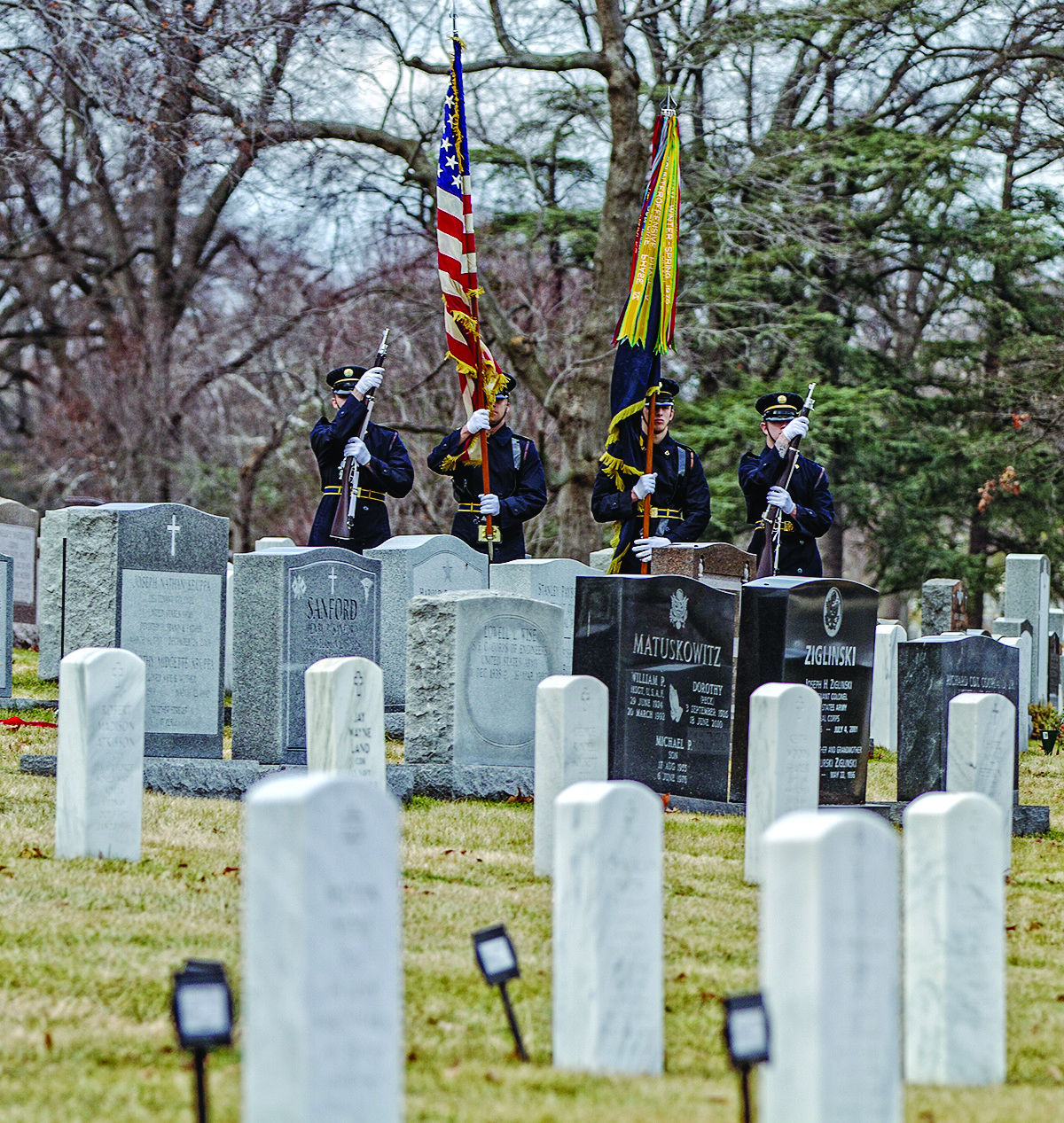Jewish war vets see decline in posts
The number of veterans who belong to organizations has declined sharply across the nation and Rhode Island, and it’s the same story for Jewish war veteran groups.
While Ira Fleisher, 70, of Uxbridge, Massachusetts, the senior vice commander of the Jewish War Veterans, Department of R.I., couldn’t provide precise numbers of Jewish war veterans, he did say that within the last few years, the number of posts statewide in R.I. has been halved, from six to three.
Those numbers are in line with decreases in membership in veterans’ groups such as the Veterans of Foreign War, Disabled American Veterans and the American Legion.
“There is no veterans’ organization in the country that’s actually grown in size,” Fleisher said. There were 62,890 veterans in Rhode Island, as of 2016, he said, with about half of those unaffiliated. The R.I. Department of Veterans Affairs confirmed that figure, putting the current number of veterans in the state at between 62,000 and 67,000.
For 2016, Fleisher said there were 340,288 veterans in Massachusetts, and the U.S. Department of Veterans Affairs website map puts the current number of veterans in Massachusetts at between 310,000 and 515,000.
Membership in veterans’ groups is down because World War II veterans, who traditionally were more apt to join groups, are dying off at a rate of hundreds a day (as opposed to 2,000 a day a decade or more ago), Fleisher said.
Federal statistics back that up, putting the number of World War II veterans at only 624,000. Those same statistics list Gulf War veterans as the biggest group (7,271,000), followed by Vietnam veterans (6,651,000) and Korean War veterans (1,475,000).
Fleisher said another factor in the declining membership of veterans’ groups is that those who served in Vietnam, or who were in the service at that time, tend not to join groups because they were snubbed when they returned home from the battlefield.
“There were no parades for Vietnam veterans, whether you were wearing a uniform or not,” said Fleisher, who served in 1967-68 in Korea attached to the Army’s ICorp Headquarters. His tour of duty, which included the capture of the USS Pueblo, the U.S. environmental research ship, by the North Koreans on Jan. 23, 1968, ended in 1969, when he left the service with a rank of SP5.
When he returned home, he said his treatment – even though he didn’t fight in Vietnam – mirrored that faced by veterans who had seen combat. “I was called a baby killer,” he said.
Fleisher also suggested that the end of the active draft, and the start of the all-volunteer army, may have contributed to the decline of veterans joining groups.
“Fewer people serving means fewer veterans,” he said.
There may be something to that, as U.S. Department of Veterans Affairs statistics project that the total number of United States veterans will decline from 20 million in 2017 to just 13.6 million in 2037.








